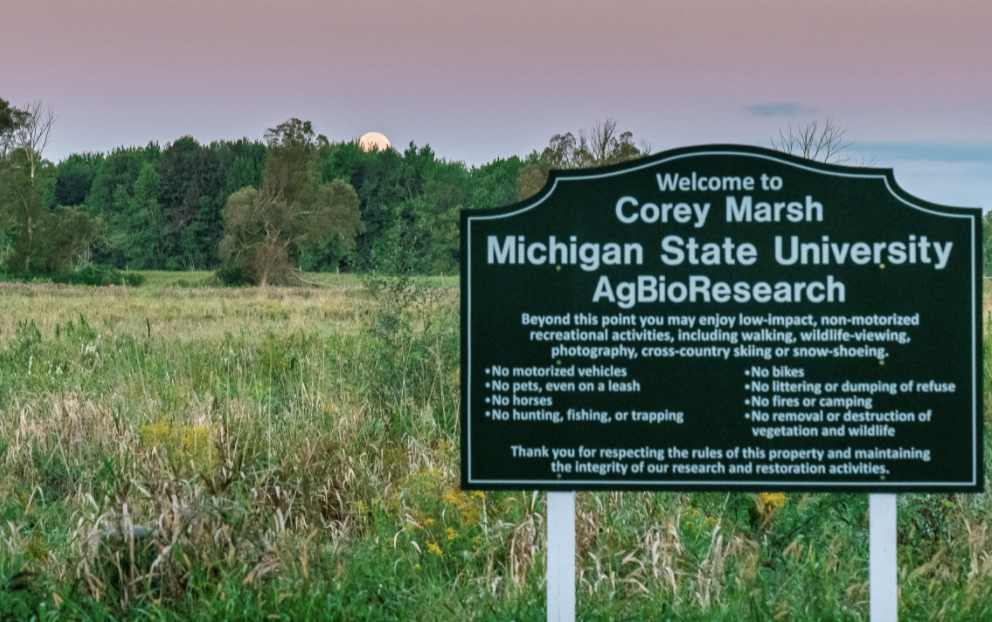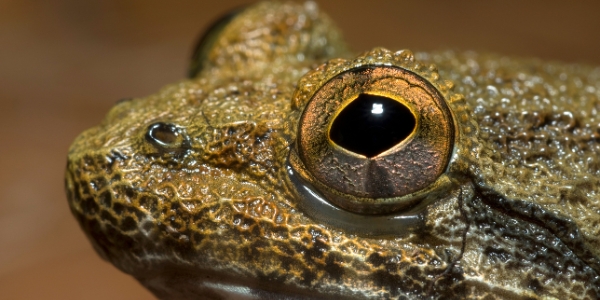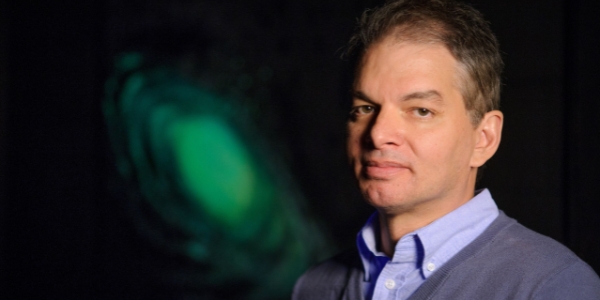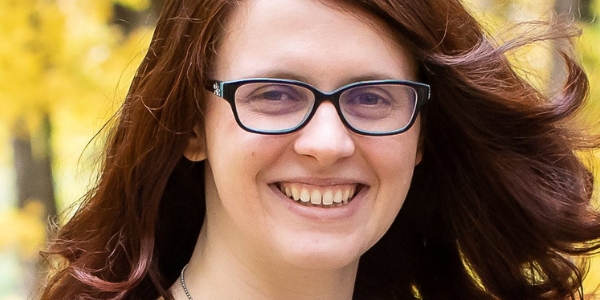New trail makes nature more accessible at Corey Marsh
When Jen Owen assumed the role of coordinator at the newly established MSU AgBioResearch Corey Marsh Ecological Research Center in November 2018, she had a long wish list for the 400-acre space. Turning what had become an overgrown former Michigan State University vegetable farm into a site for ecological restoration research would be no easy task.
Those efforts continue today, but significant progress has been made. In addition to creating an optimal research environment, one of Owen's main goals has been to make Corey Marsh an outreach hub and gathering place for those interested in science and nature.

The Laingsburg, Michigan-based center is located roughly 12 miles northeast of the MSU campus, a short drive for the MSU and greater Lansing communities.
"Corey Marsh provides a great opportunity close to the MSU campus for people to see a variety of plants, bird species and other wildlife," said Owen, an EEB core faculty member who is also an associate professor in the MSU Department of Fisheries and Wildlife. "One of the things that I, and MSU leaders, have been adamant about is accessibility for anyone who wants to use the center."
Ensuring that everyone can utilize Corey Marsh is an admirable objective, but in reality it means developing trails and facilities that adhere to the American's with Disabilities Act (ADA) standards. Funding for these types of projects is typically through private donations, and for Owen, the best way to inspire support is showcasing the value of Corey Marsh to all who come.
Corey Marsh is situated on land that used to be the MSU Muck Soil Research Farm, which hosted vegetable trials for 70 years before closing in 2012. University leaders considered selling the property in 2018 but after touring it, Owen offered a different proposal.
"There's such a wonderful diversity of plants and wildlife, and it looked like the perfect place to do ecological restoration," Owen said. "On top of the research opportunities, I envisioned a place where outreach initiatives could thrive, getting the community invested in our work and sharing our passion for nature. It seemed too good to be true."
Read more from the College of Agriculture and Natural Resources



